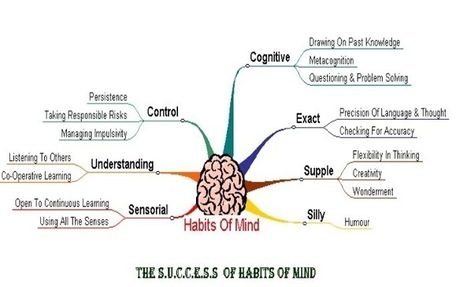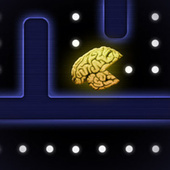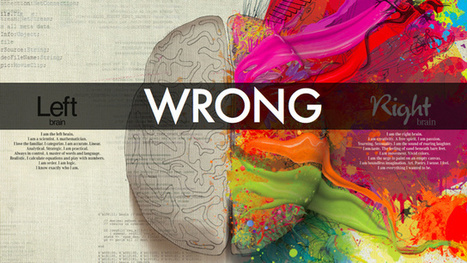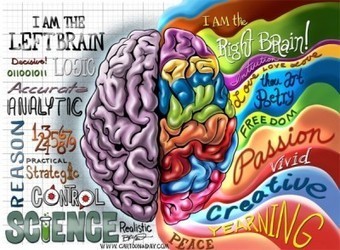'Inspiration and ideas often arise seemingly out of nowhere and then fail to show up when we most need them, and creative thinking requires complex cognition yet is completely distinct from the thinking process.'
Research and publish the best content.
Get Started for FREE
Sign up with Facebook Sign up with X
I don't have a Facebook or a X account
Already have an account: Login
Tech tools that assist all students to be independent learners & teachers to become better teachers
Curated by
Beth Dichter
 Your new post is loading... Your new post is loading...
 Your new post is loading... Your new post is loading...
Michael Sandvik's curator insight,
February 4, 2016 9:30 AM
Begins with questions about how teachers learn or tune out learning in various situations. |

Gary Faust's curator insight,
August 30, 2013 8:53 PM
In experience creativity seems to be volitional not physiological, now there is some science to counteract this socially accepted point of view. 
Regis Elo's comment,
September 18, 2013 7:01 PM
Sorry again for the delay.thankx for your comments. I add that it seems coherent to agree with both of you Kathy and Louise , inclueing the possibility to care about the individual self-consciousness and empathy as a specific human condition to be eternally unsatisfied WITHOUT SPIRITUALITY?....IT'S BEYOND! i guess

Miranda Harper's curator insight,
September 29, 2014 12:20 PM
Discussion: How can educator's foster divergent thinking in the classroom? What strategies and activities can be used to activate the right brain? 
Gary N Cypress Jr's curator insight,
October 7, 2015 8:46 PM
Creativity goes as deep as the study of the brain. Creativity is not taught just enhanced |















The traits and habits of creative people are things we all do sometimes. How dynamic might learning be if I purposefully built these ideas into my teaching and made it a part of my students routines?
Share with students!
This includes a list of things creative people do. Many of the things on this list we should all be doing - like making time for solitude.